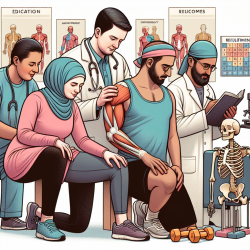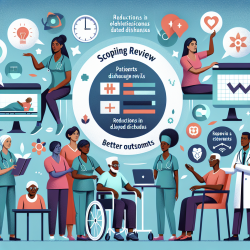Conducted by Licia Lea Reatto and colleagues, this study surveyed 71 analysts from the Italian Psychoanalytic Society. The researchers aimed to investigate the experiences of psychoanalysts as they shifted to remote work and then returned to in-person settings, considering the effects of patients' attachment styles and personality configurations.
Key Findings
One of the most significant findings is that all analysts continued treatment using audio-visual tools during the pandemic. However, patients with insecure attachment styles faced greater difficulties in adapting to the transition, both to remote work and back to in-person settings. This suggests that insecure attachment is a vulnerability factor not only for psychopathological issues but also for a well-functioning therapeutic collaboration.
- Patients with difficult transitions had a significantly higher frequency of insecure attachment styles compared to those with easy transitions.
- No significant differences were found between the two groups in terms of personality configurations, psychotherapeutic alliance, or psychotherapeutic technique.
- A higher level of therapeutic alliance was positively correlated with secure attachment styles and negatively correlated with dismissing attachment styles.
Practical Implications
For practitioners, these findings underscore the importance of tailoring therapeutic approaches to accommodate patients with different attachment styles. Here are some practical steps you can take:
- Enhance Active Listening: Particularly with patients exhibiting insecure attachment styles, active listening can help in building a stronger therapeutic alliance.
- Focus on Continuity: Ensure that the transition between remote and in-person sessions is as seamless as possible to maintain therapeutic continuity.
- Address Ethical Concerns: Be mindful of privacy and other ethical concerns that may arise with the use of remote therapy tools.
Encouraging Further Research
The study highlights the need for further research to explore how different therapeutic techniques can be adapted for online settings. Practitioners are encouraged to contribute to this growing body of knowledge by sharing their experiences and findings.
To read the original research paper, please follow this link: Understanding psychoanalytic work online and back to the couch in the wake of the COVID-19 pandemic: an investigation among Italian psychoanalysts.










